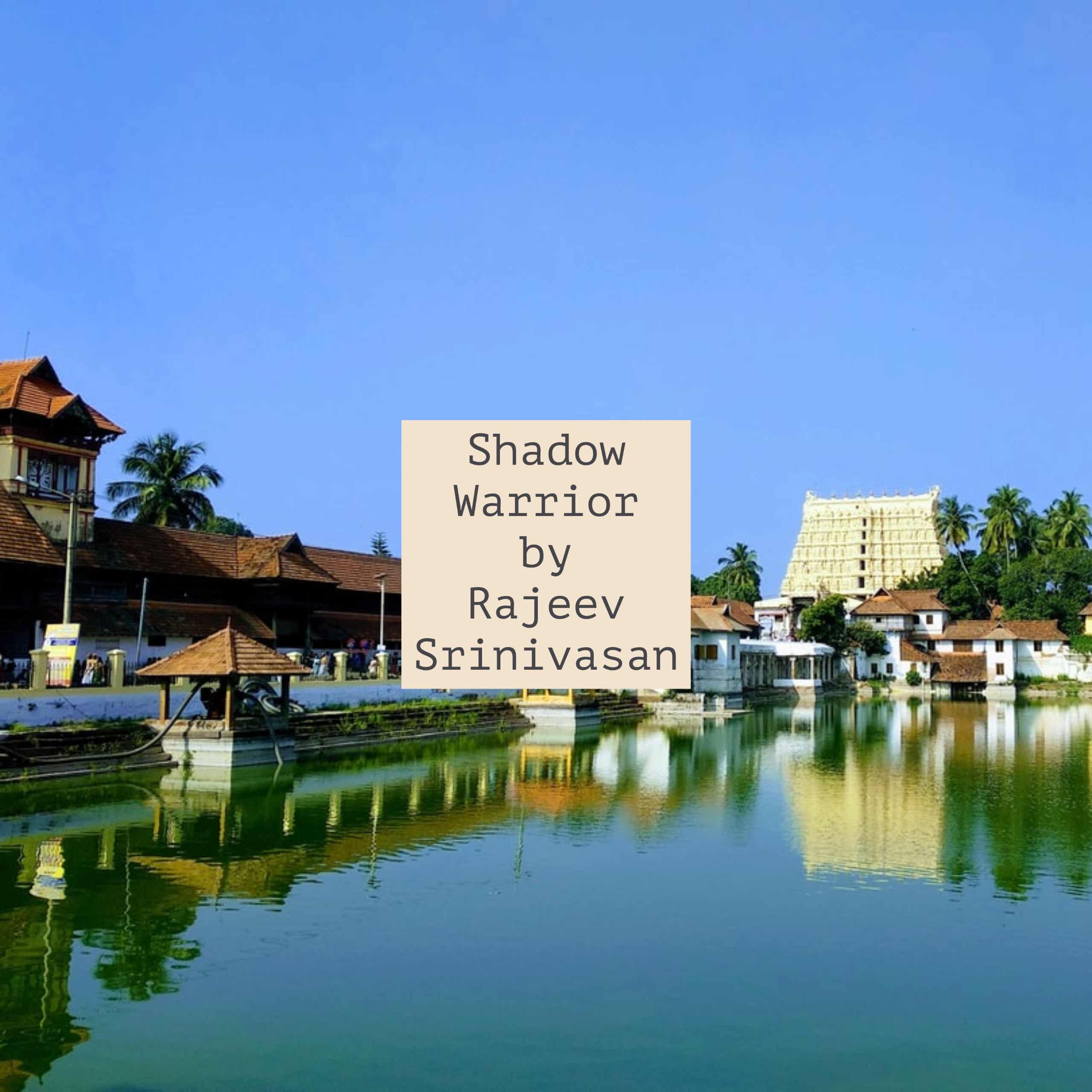Ep. 106: Permanent interests, not permanent friends, drive foreign policy
Description
A version of this essay was published by firstpost.com at https://www.firstpost.com/opinion/shadow-warrior-permanent-interests-not-permanent-friends-drive-foreign-policy-12814872.html
The optics for PM Narendra Modi’s visit to the US were good. There was a surprisingly positive reception to his speech to the joint houses of the US Parliament (known as the US Congress, not to be confused with the Indian political party with its congenital allergy to Modi). I read that the PM gave a bravura performance, and that he was interrupted by several standing ovations.
The rest of the trip also got generally good reviews. It would be wonderful if my two favorite nations were to become good friends. I lived most of my youth in the US, and I love the country. By ancestry and culture, of course my roots are Indian.
But any such rapport will not come about if the usual suspects can help it. I was not really surprised by the news that former President Barak Obama was scathing about India and Modi. I have not been a fan of Obama’s from day one: something about him made my antennae go up. And then I heard that he had gone to Pakistan in his youth, at a stage in life when most young Americans go to India to find themselves. I guess Obama had already found himself.
Then there was Fareed Zakaria who echoed the libel that India was massacring Muslims. He knows well enough that this is not true. If anything, Indian Muslims are more privileged than others. And Zakaria and his father are among the most privileged, a super-elite caste of “Anglo-Mughalais” (my friend Bapa Rao’s evocative term) who take advantage of everything India has to offer, in the name of the poorer castes of Muslims whom they find it convenient to keep poor and angry.
And then there was Sabrina Siddiqui, a Pakistani-American journalist who is part of the Biden administration, whose provocative question to the PM raised hackles.
The meme that is quietly being propagated by all of them is that India is on the verge of genocide of its Muslim residents. This is simply not true: just as they are currently doing in France, Muslims riot at the drop of a hat in India. This is hardly a dara hua population. Obama’s direct hint about a Partition 2.0 is a good summary of the standard Deep State perspective on India: keep it down, poor, and preferably broken: Hindus are not allowed to rise.
Less sinister was some guy in Foreign Affairs opining that the US and India do not share ‘values’ but only ‘interests’. Maybe, but that should not stop them from becoming friends. That is realpolitik: the enlightened pursuit of self-interest. Nations, in a Chanakyan way, can and should pursue their own long-term and short-term interests. I once invoked Chanakya’s ‘Far Emperor’: you cultivate the distant emperor to wage war against the neighbor, who, sadly, will sooner or later become your foe. That’s a good model for India. A benign US can be the Far Emperor when the nearby power threatens.
As for the US, with a rampaging China threatening to overturn the entire US-dominated international order, it is good to have friends who can keep China occupied in its neighborhood: to put it crudely, India is the only country to have recently killed Chinese troops, and stared them down in a tense stand-off.
And values. I have to believe that the guiding values of the US are “life, liberty and the pursuit of happiness”. So far as I can tell, this is exactly what India is attempting to do for its citizens and this is precisely what the much-maligned (by the US Deep State) Modi is trying to do. How much more congruent can your values get?
But I must acknowledge that there is a definite gulf between Abrahamic values and Dharmic values.
The ‘religions of the desert’, that is, Abrahamisms including the Christian, Islamic and Communist faiths, have as a central tenet world conquest. I classify Abrahamisms as follows:
* Paleo-semitic: Zoroastrianism, Judaism
* Meso-semitic: Christianity,
More Episodes
A version of this essay has been published by firstpost.com at https://www.firstpost.com/opinion/opinion-what-makes-trump-a-better-candidate-for-india-and-world-13831800.html
An AI-generated (courtesy notebookLM.google.com) podcast based on this essay is here:
In all humility, I accept that my...
Published 11/03/24
The potential consequences of a Trump presidency for India span multiple dimensions, including military, economic, trade, cultural, financial, and social aspects. Here’s an overview of these impacts:
Military and Geopolitical Implications
- Defense Ties: Under Trump, India may continue to...
Published 10/27/24


